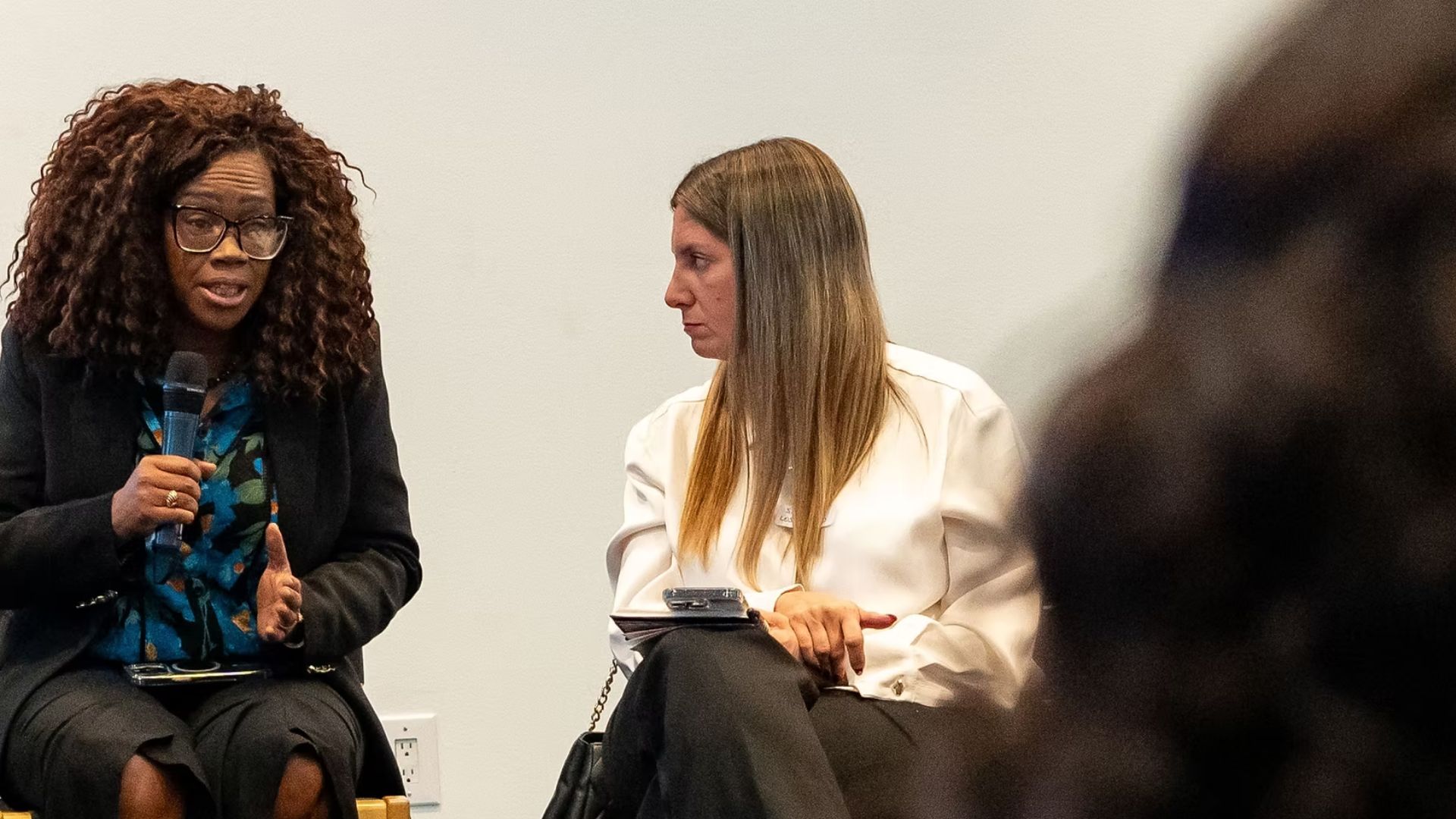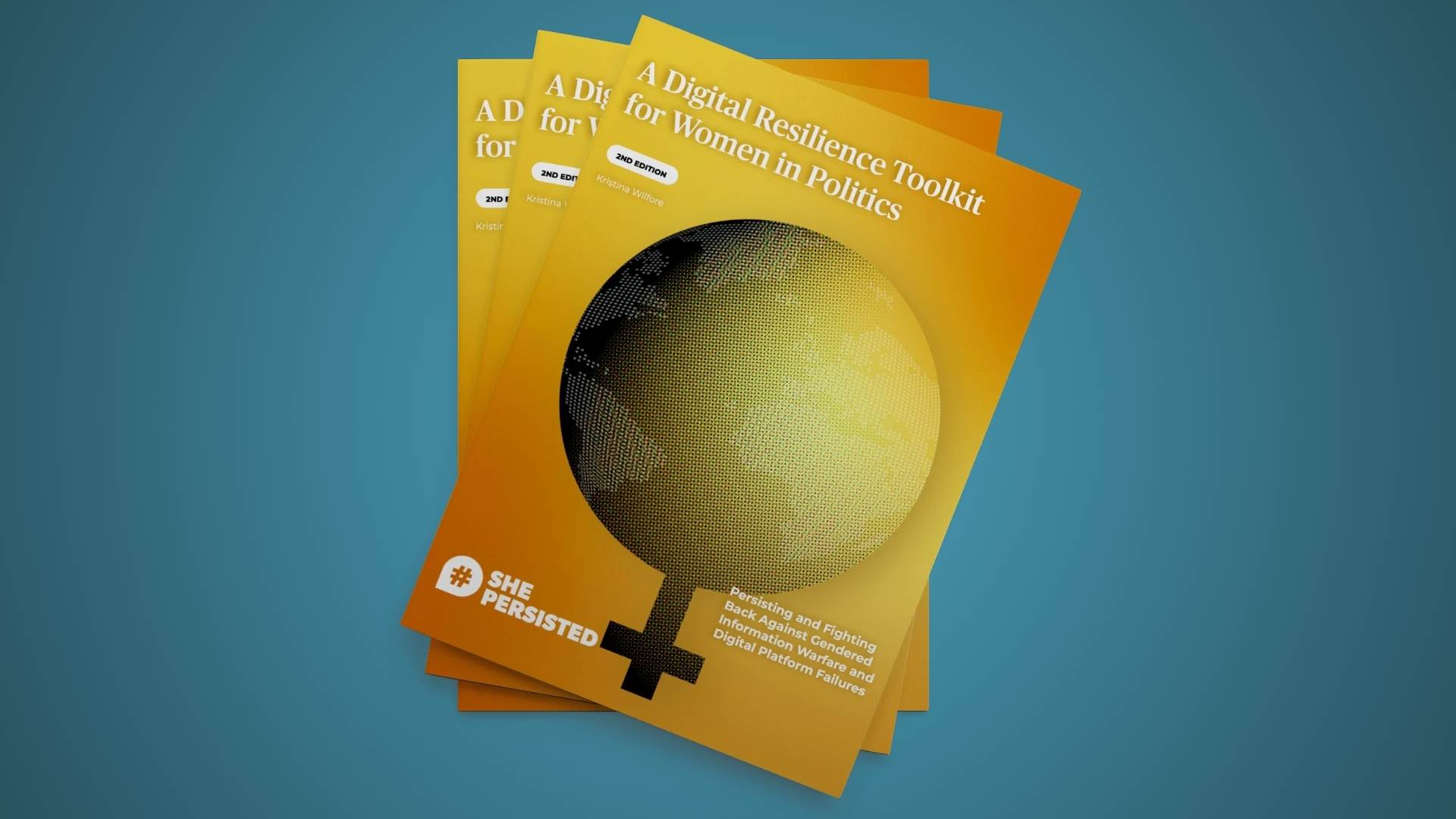Everyday sexism is a persistent obstacle for women in politics, from the campaign trail to the chambers of parliaments and councils. It shows up in off-hand remarks, undermines expertise, and reinforces outdated stereotypes – making it harder for women to lead, be heard, and stay visible in public life.
In this new series, leadership communications expert Amanda Gome AM shares her strategies for recognising and countering these pervasive behaviours, with practical tips drawn from her decades of experience.

About Amanda Gome AM
Amanda Gome helps leaders and organisations build profile, impact and influence through leadership communications, media and social media to change the word for the better. She also trains leaders and groups to recognise and counter every day sexism.
Awarded an AM in 2014 for significant services to women, media and business, Amanda is CEO of Notable Media and Vice President of Women’s Leadership Institute of Australia which supports Pathways to Politics.
I call it the “she’ll do it” syndrome: the assumption about the roles women should do (often low-level tasks) and assumptions about roles they shouldn’t do (leadership.) For men it can be child care or taking paternity leave.
Who can forget Gillard calling out the Leader of the Opposition in her famous misogyny speech, saying how offended she was when Tony Abbot said:
“What if men by physiology or temperament are more adapted to exercise authority or to issue command.”
Recognise it!
When an assumption is made about suitability for roles and tasks on the basis of gender stereotypes.
Counter it!
- Ensure critical and non-critical roles at events, meetings and the workplace are shared equally or outsourced.
- Question assumptions. “Why have we asked her to get morning tea?” “Why have we put her on that junior board?”











